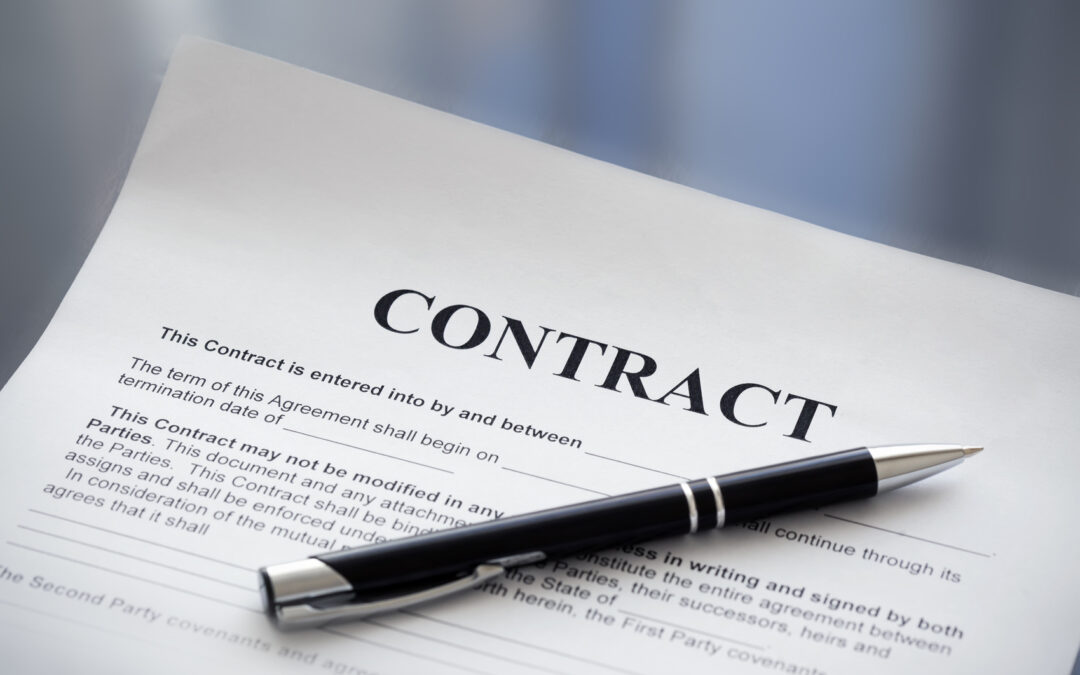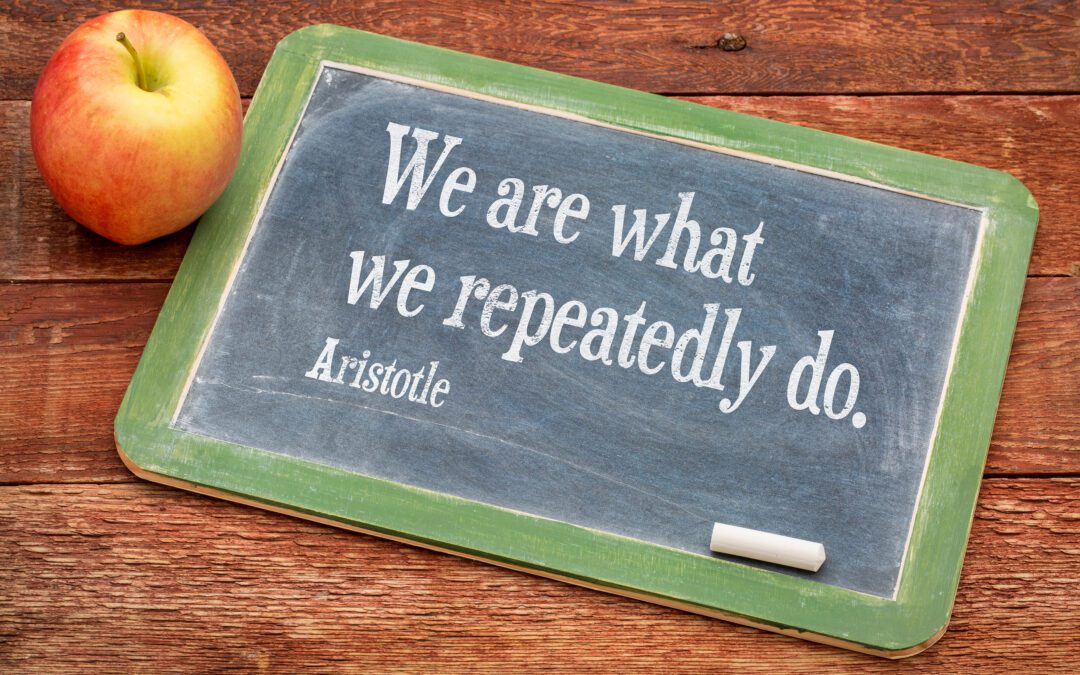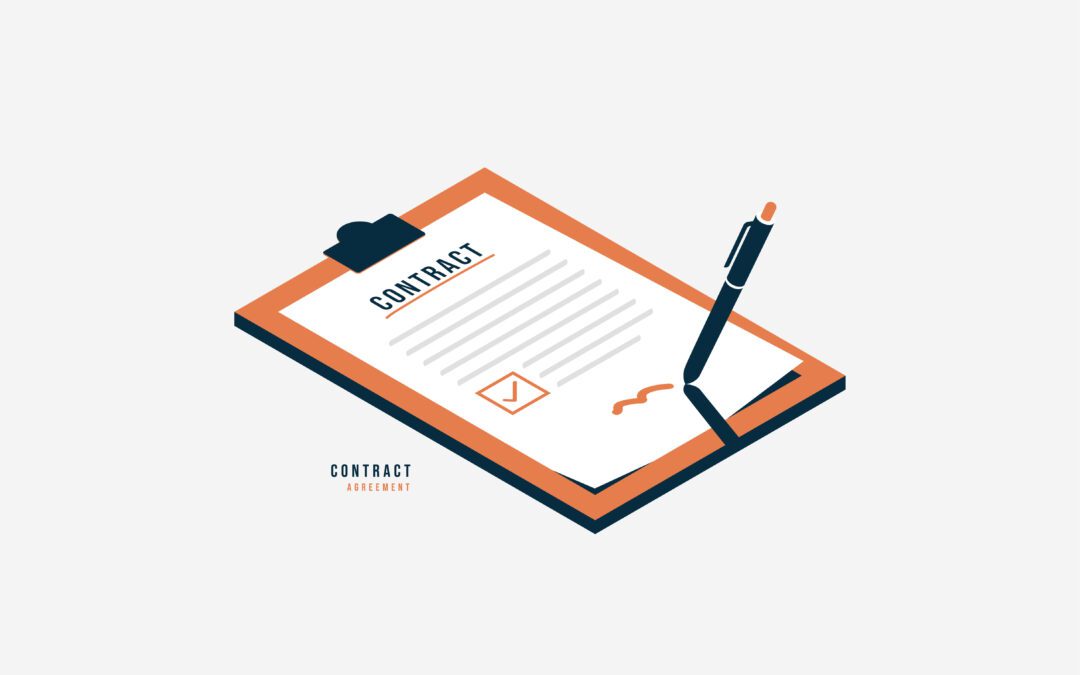COPYRIGHTS
Copyright Law.
Copyright Law is one of the five areas of practice that make up what we call Intellectual Property Law. Along with Trademarks, Patents, Rights of Publicity, and Trade Secrets, Copyrights are among this most valuable bundle of rights.
Copyrights.
A copyright is a legal form of protection afforded to any original work of art or authorship that has been reduced to a tangible fixed format. Copyright generally protects literary works, such as books, scripts, screenplays; visual works, such as cartoon characters, photographs, website designs; sound recordings and musical compositions; architectural works; choreographic and pantomimic works, and motion picture and video recordings. So, if those are things copyright protects, what is not protected by copyright? Methods, systems, processes, designs, logos, names, slogans, and ideas. It is the expression of those ideas that can be protected under Copyright Law. Understanding how to put ideas into a format that can be protected is a useful tool.
How to Protect Your Copyrights.
Original Content.
If you have a cool creative idea, the first thing to do is make sure your work is original. If you have stolen content from someone else, it is unlikely your work will be protected. An exception, if you have transformed that content in such a way that it creates a new and different work of art or authorship.
Not all “original” content can be protected. Working with a competent copyright registration attorney, who understands the law can serve you well. They can not only advise you about current case law, they can advise you about special nuances to registration. Indeed, a competent copyright attorney can provide you with useful copyright information. That being said, you can also do it yourself, but make sure you know what you are doing. Knowing copyright law and how the courts apply it can serve you well in the long run. Thinking you know what you don’t know can create problems down the road. Specially if you ever want to sue someone for infringing your rights.
Copyright Registration – is it necessary?
Next step, strongly consider registering your work with the United States Copyright Office. While registration is not required, it is a smart business judgment decision. Often, people believe incorrect information that they read on the Internet. Information that is bound to cost them in the long run. Such false information includes buying into the notion of the Poor Man’s Copyright. Often you will hear it said, no need to spend money on a lawyer or registering with the Copyright Office. Just mail a copy of your work to yourself and you are good to go. Believe this nonsense at your peril. Even the Copyright Office has weighed in on this. The reality is, if your work is not registered, and you ever want to sue someone for stealing your work, without a registration, there is no lawsuit.
Aside from being able to initiate a lawsuit, there are other reasons for copyright registration. Among them are the following:
- There is a presumption that you are the rightful copyright owner,
- You can claim nationwide rights in your copyright,
- You receive a Certificate of Registration,
- It’s easier to get an international registration,
- You can potentially receive statutory damages and attorneys’ fees.
Copyright Notice.
While not required, another smart idea is to affix the Copyright Notice symbol on your work. Copyright Notice includes the copyright symbol, year of first publication, and the copyright owner. Using 2024 as the year of first publication, here is an example of what notice looks like:
- Copyright 2024 XXXX All Rights Reserved.
- Copr. 2024 XXXX All Rights Reserved.
- © 2024 XXXX All Rights Reserved.
The Internet: An Amazing Communication Tool.
The advent of the Internet, while a wonderful and advantageous communication tool, it has created new issues for copyright owners. It has made access to copyright owned creative content relatively easy. Consequently, it becomes easy for people to think if it’s on the Internet, it is free for the taking. Wrong!!
People often conclude that if copyright is not mentioned when they view a creative work or there is no copyright symbol on the work that they can use it for any purpose they want. The reality is that the work is in fact copyrighted, regardless of whether the author mentions the copyright or not.
Whether it’s because they lack the knowledge or just don’t care, copyright infringement on the Internet is rampant. So as a creator of valuable content PROTECT YOUR ASSETS! Take the extra step to protect what you have invested time and money in creating.
And, as a general rule, if something is on the Internet and YOU didn’t create it, assume that someone else did. Assume that if someone else created it, you need permission to use it. Permission can come in the form of a license, a contract, public domain (no one owns it or the copyright has expired), or that your permission is granted through the fair use exception. CAVEAT: To take advantage of the Fair Use Doctrine, make sure you understand the rules or risk being sued for copyright infringement.
Copyright and Artificial Intelligence.
Artificial Intelligence (“AI”), while not new, has become the new darling of the technology world. AI-generated works of art have ignited a firestorm among legal professionals. Why? Because traditionally copyright protected works of art or authorship were created and owned by human beings. Now, the lines appear blurred. In fact, sometimes it is difficult to determine with the naked eye if a work is created by a human being or by a machine.
Earlier in 2023, the Copyright Office established an initiative to examine copyright policy and the legal issues raised by the use of AI in the creation of content. To understand these issues, particularly around generative AI, the Copyright Office issued a notice of inquiry to undertake an in-depth study. However, as it stands today, the Copyright Office remains firm in holding that copyright protected works can only be owned by a human being. As does the U.S. Patent and Trademark Office regarding trademarks and patents.
Interested in discussing your copyright issue? Feel free to schedule a complimentary consult with me today.
Publishing Blogs

Contract Mistakes
Contract Mistakes Contract Mistakes. No Written Agreement.Probably the number one contract mistake people make is not having written agreements with everyone they do business with. I am always amazed by the reasons they give. Yet, regardless of how confident they...

What is a Habit?
As we enter springtime, you may feel far away from your New Year's resolution. That may be because of the success rate of NYE resolutions. In fact, January 17 is often hailed as "Quitter's Day." If you want some stats, only 8% of respondents tend to stick with their...

Common Contract Mistake
Common Contract Mistake #1. Not Having Written Agreements with EVERYONE You Do Business With. Common contract mistake. Without question, the most common contract mistake is not having the terms of an agreement memorialized in a written document. I am often taken...